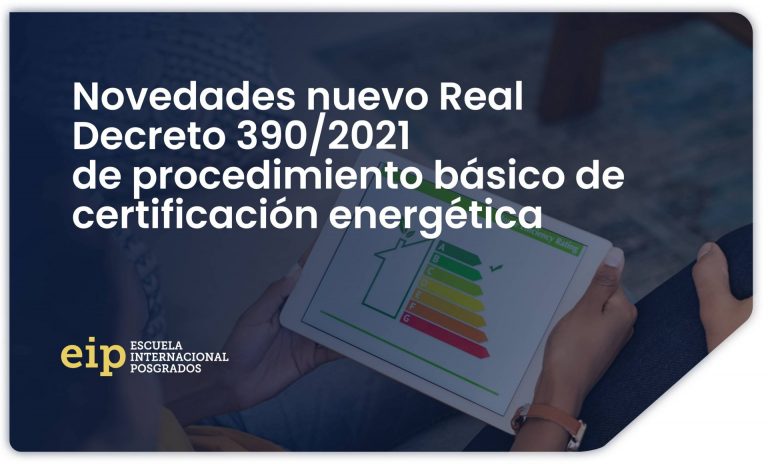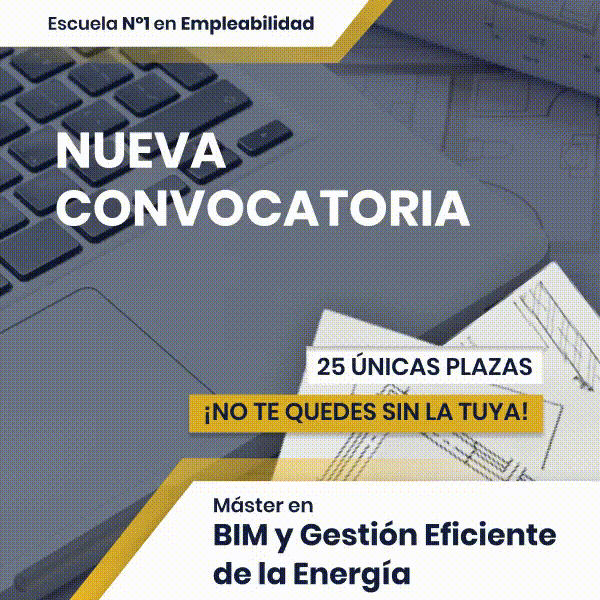On June 2, Royal Decree 390/2021 was published in the BOE, approving the basic procedure for the certification of the energy efficiency of buildings, repealing the Royal Decree 235/2013 of the same name in force until then.
This update of the basic procedure for certifying the energy efficiency of buildings introduces important new features, since the content of the energy efficiency certification is updated (increasing its quality), an in-person visit by the competent technician is required, and the deadline is reduced. of validity in homes with a G rating and the obligation is established for real estate companies to show the energy efficiency certificate of the properties they rent or sell, among others.
Main regulatory changes introduced in Royal Decree 390/2021:
Article 2 – The definition of “Competent Technician” is modified with respect to the previous one, eliminating the mention of the ministerial order by which the competent technicians would be expanded based on their professional qualifications.
This Royal Decree, like the previous one, refers to what is established in the LOE, adding redundant references such as Royal Decree 1393/2007, which establishes the organization of official university education.
The sixth final provision leaves a period of eighteen months to adapt the figure of the competent technician to a model based on the knowledge and professional qualifications necessary for the preparation of said certificates.
Article 3 – The scope of application is increased.
The scope of application extends the obligation to carry out the Energy Efficiency Certificate to include “buildings or parts of buildings in which renovations or extensions are carried out” and must comply with some assumptions.
The obligation to carry out the Energy Efficiency Certificate is specified in buildings or parts of buildings with a total useful area of more than 500 m2 intended for administrative, health, commercial, teaching, cultural, catering, people transportation, sports and places of worship.
In the previous Decree, for example, places of worship were excluded.
This will also apply to buildings for Public Residential use intended for tourist apartments.
The Energy Efficiency Certificate will also be mandatory in buildings that have to carry out the Technical Building Inspection or equivalent inspection.
Until now, municipalities with their own ordinances on ITE did not require energy certification. It was only mandatory in those municipalities with ordinances on Building Evaluation Reports, IEE.
Article 6 – It is mandatory to make at least one in-person visit to the property, with a maximum notice of three months before the issuance of the certificate.
Likewise, a maximum period of one month for registration of the energy certificate is established from its date of issuance, unless each CCAA regulates otherwise.
Until now, there was no registration period from the calculation of the CEE to the registration in the corresponding CCAA, nor was there an explicit obligation to visit in person.
Article 13 – The validity of the energy efficiency certificate is maintained for a maximum of 10 years as a general rule. Except for properties with a G rating, which will be valid for a maximum of 5 years.
Article 17 – The obligation to include information related to the energy rating of the assets they manage is extended to real estate companies.




































